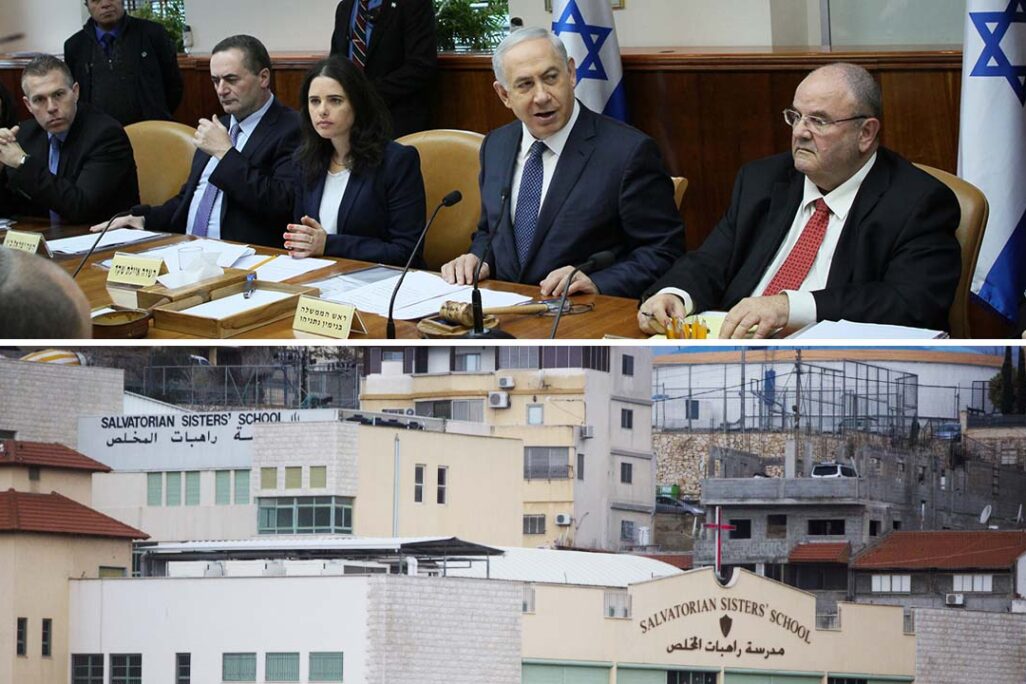
December 30th, 2015 may well go down in history as one of the turning points for the long-fraught relationship between the Israeli Arab community and the Israeli government. This January, the five-year investment and development plan for minority communities, known by the unassuming name Resolution 922, marks its third year. Even though the government that passed the decision was arguably the most right wing government in Israel's short history, the plan may well prove to be a watershed moment for Israeli Arabs and their relations with the State of Israel. Exclusive interviews with Davar shed light on how and why this breakthrough came about.
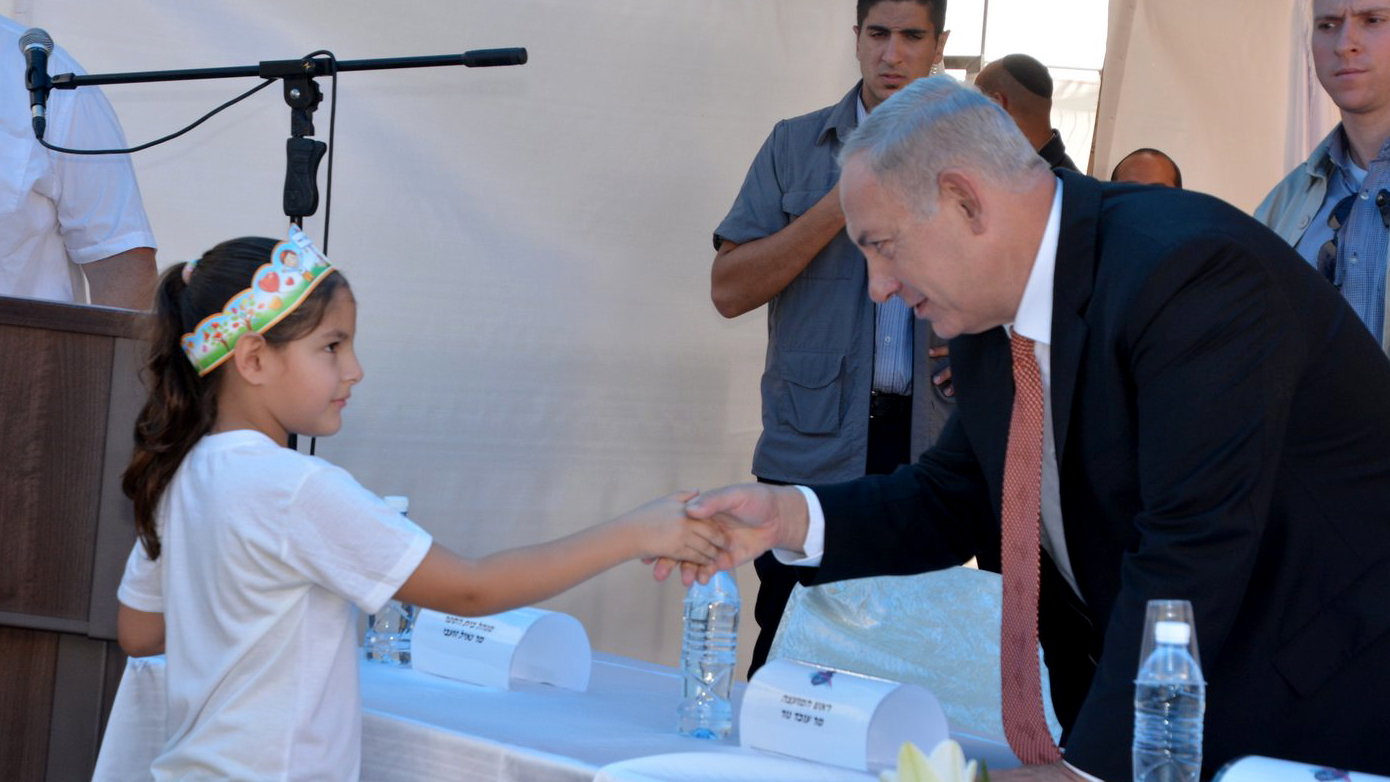
Four years ago, the Netanyahu government authorized the resolution, a plan to invest 15 billion shekels over five years to improve infrastructure and government services in Israel's Arab communities, with the explicit intent of reducing poverty in those areas and rectifying the long-standing inequality between Jewish and Arab communities.
They understood that the continuous discrimination of Arab communities would, eventually, harm the Israeli economy
The full name of the plan is rather more revealing: 'Resolution 922: Government action to develop economic conditions in minority communities', overseen by the Ministry of Social Equality from 2016 to 2021. So why has this revolutionary resolution been concealed from the public? It is no coincidence. Efforts have been made to reduce the plan's publicity as much as possible.
Kept vague as far as the press is concerned and generally not highly publicized by the government, the plan has nonetheless been executed to an impressive extent over the last three years. Members of Arab communities in Israel, who have for decades suffered from inequality and discrimination andreceived lower than average government funding, have seen an unprecedented wave of government investment, with billions being spent on schools, medical clinics, roads, public transport and other public services.
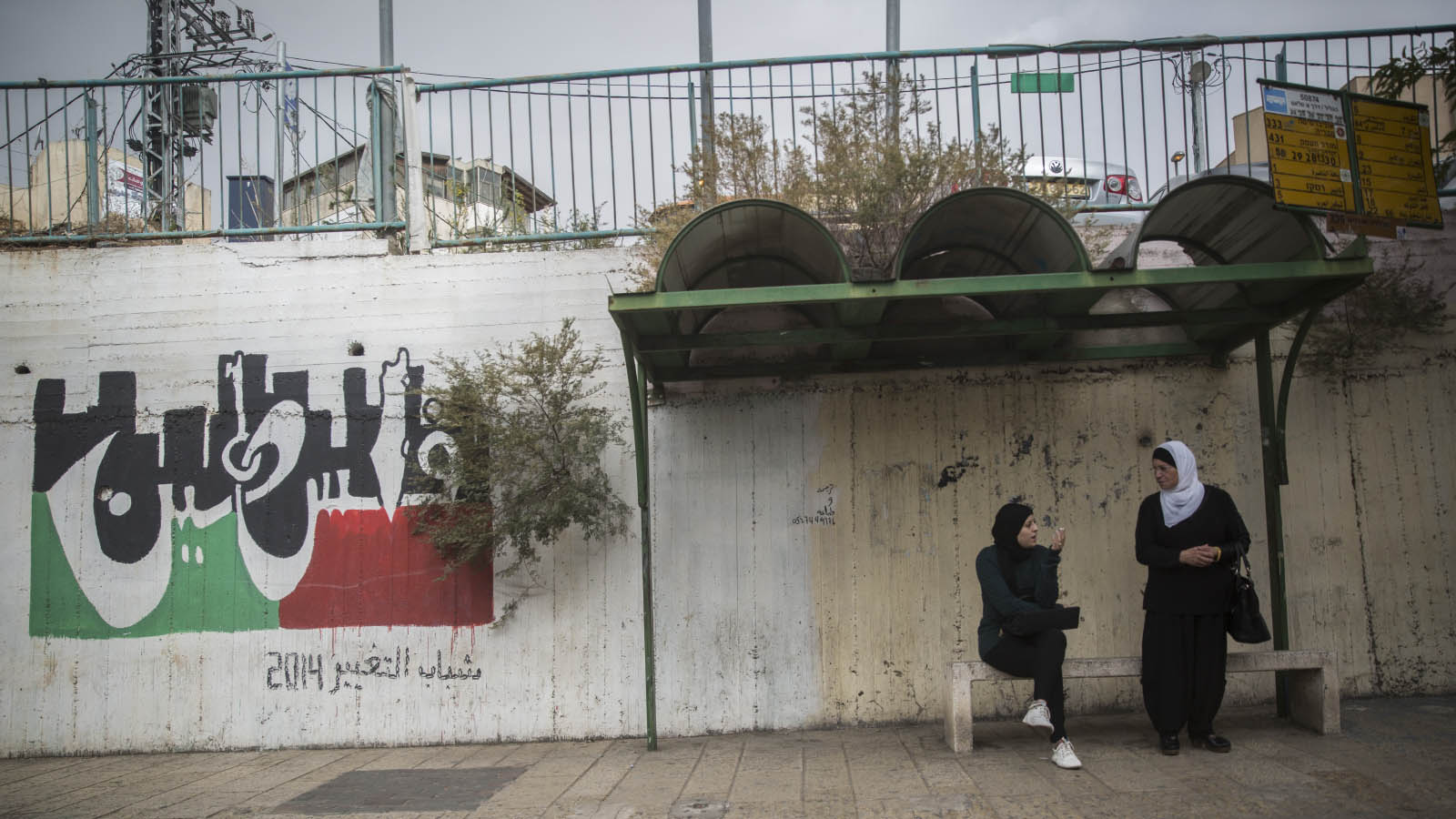
The plan explicitly states its goals as "tackling unequal treatment suffered by minority communities, improving living conditions and bringing them up to par with average conditions in Israel." Communities of Arab citizens of Israel (which should not be confused with Arab Palestinian communities in the West Bank) suffer from chronic under-funding of public services, which leads, among other problems, to high levels of corruption and organized crime.
Is this a one-time collaboration between adversaries, or could it be the harbinger of a warming of relations between the Jewish and Arab leaderships in Israel?
A surprising alliance between the Civil Service and Arab leadership
The groundbreaking plan should not be perceived as a sudden act of benevolence by an otherwise hostile Israeli government. In fact, Resolution 922 was conceived and imposed on the government by the Israeli civil service, in particular some of the higher ranking officials in the Ministry of Finance.
In fact, a large-scale government plan to invest in Arab communities had been a high priority for both the Ministry of Finance (MoF) and Israel's central bank, the Bank of Israel (BoI), years before it was accepted by the government. Since the early last decade, poverty, inequality and underdevelopment in the Arab community has appeared in almost every public statement made by the high-ranking officials in the MoF or the BoI.
This too, can hardly be attributed to a sense of social justice on the part of the financial organizations.In recent years, Israel's economic leadership has come to widely accept a strategy originating in the research department of the BoI that calls for investment of resources into Israel's poorest populations in order to boost the economy overall. . One of the issues that has been haunting Israel's economic leadership in recent years is the prospect of low productivity and low expected future growth rates, which are seen to be characteristic of the Arab and Haredi populations. Much of the Arab population in Israel is characterized by low wage and unskilled labor, often as a result of underfunded government services and scarce opportunities.
Many economists see this productivity gap as an untapped source of growth that could be utilized in the future through large scale investment, especially in education and the creation of high skilled and high income job opportunities. Support for the plan has hardly been discreet and an urgent need for public investment in Arab communities has played a major part in almost every public speech made by any of the recent governors of the Bank of Israel.
As far as many Arabs are concerned, this observation is welcome but long overdue. Many Arab communities in Israel live in towns or neighborhoods separate from Jews. For decades, the government has considerably underfunded Arab municipalities, often leaving services and infrastructure in poor condition compared to Jewish areas. Long-term under-investment in education, together with scarce job opportunities for high skilled Arab workers, have cemented Arab communities as generally low-skilled and low-wage labor markets. Low income, together with poor public services, have led to high levels of inequality between Arab and Jewish communities in Israel in almost every comparison point. The starkest of these discrepancies is in life expectancy: Jews are expected to live, on average, 4 years longer than Israeli Arabs.
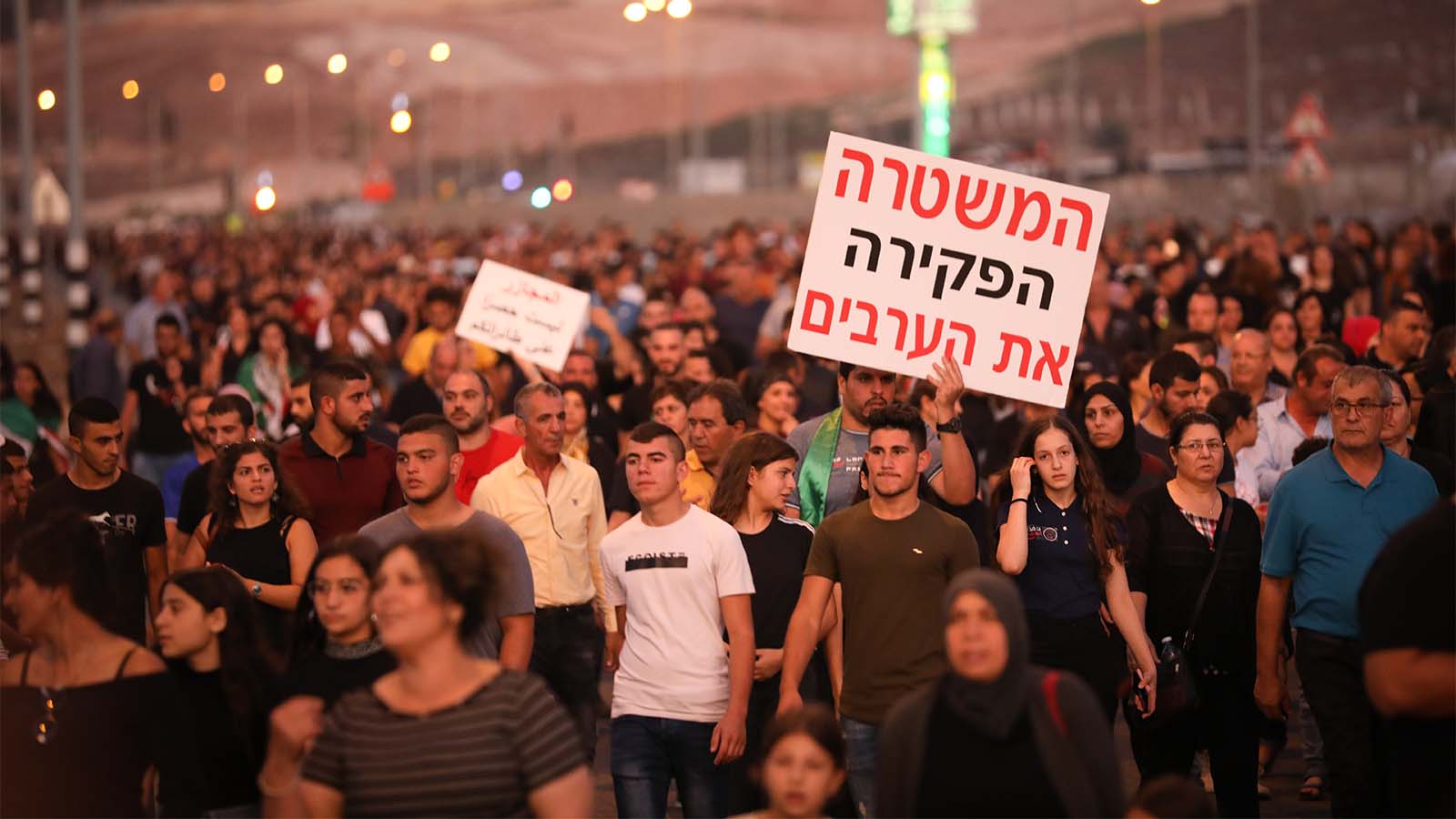
Much of the under-funding can also be traced to high levels of corruption in Arab councils and a long-standing unwillingness of certain political factions to collaborate with the Israeli government. Some of the Arab leadership either gave up on the attempt to get their fair share from the government or found it hard politically to be seen working with a right wing government. But in 2014 a group of Arab mayors and heads of municipalities began to work on an investment proposal they planned to present to the government.
A decision to cooperate with the government rather than shun it
Mudher Younes, head of the municipal council of the Arab town of Ar'ara, says that Arab national leadership was fully aware that the chances of convincing the Netanyahu government to back a large scale investment plan in Arab communities were slim. "We had decided to take matters seriously. We formulated an investment plan and were intent on taking it to the government and demanding our rights. But then we found out that some high ranking officials in the Ministry of Finance were working on a similar plan, intending to press the government to accept"
By early 2015 Younes and other Arab leaders had started a series of meetings with officials at the Ministry of Finance, which he described as "full of disagreements". Fortunately, according to Younes, both sides were determined to present a joint plan to the government, which would stand higher chances of gaining support. "We wanted 30 billion (NIS), they were talking about only seven. Eventually we settled on 15 billion. It was obvious that they were interested in this for practical reasons, and not because they were great lovers of equality and coexistence. They understood that the continuous discrimination of Arab communities will eventually harm the Israeli economy. Either way, we both saw an opportunity to join forces and push this plan forward. They were afraid of fierce opposition from the politicians in government, and so were we."
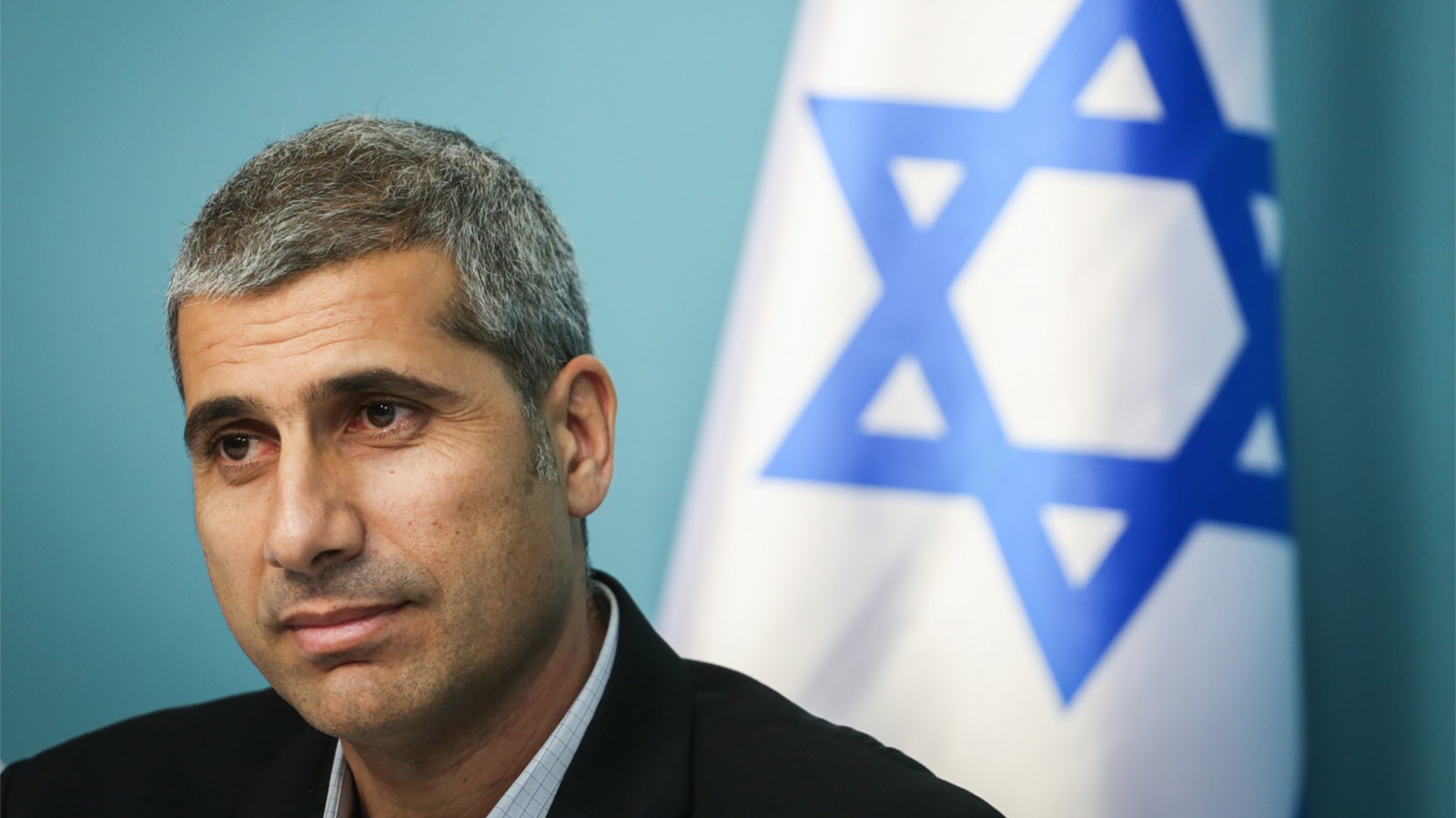
Amir Levi, who was at the time Head of Budgets in the Ministry of Finance personally oversaw the negotiations while formulating the plan. "We'd meet once a week and go over the various inequalities in services. We mapped out everything that needed improvement and additional investment, and formulated a detailed investment plan. It had to be completely airtight, to draw as little opposition as possible," he told Davar.
Uphill battle with the government and surprising support from Netanyahu
By mid-2015, Arab leadership and the Ministry of Finance had agreed on an investment plan.. But even with the backing of powerful officials in the Ministry of Finance, persuading the government proved to be an uphill battle.
Paradoxically, Benjamin Netanyahu turned out to be one of the proposal's most powerful supporters. In fact, it was Netanyahu himself who had originally commissioned the Ministry of Finance to formulate a plan to increase productivity in Arab communities, most likely following the advice of BoI and Mof. However, many other ministers in Netanyahu's right wing government were staunchly opposed to any public concessions to the Arab community, fearing electoral retribution from their right wing base. Netanyahu's government faced a political conundrum.
However, many other ministers in Netanyahu's right wing government were staunchly opposed to any public concessions to the Arab community, fearing electoral retribution from their right wing base. Netanyahu's government faced a political conundrum.
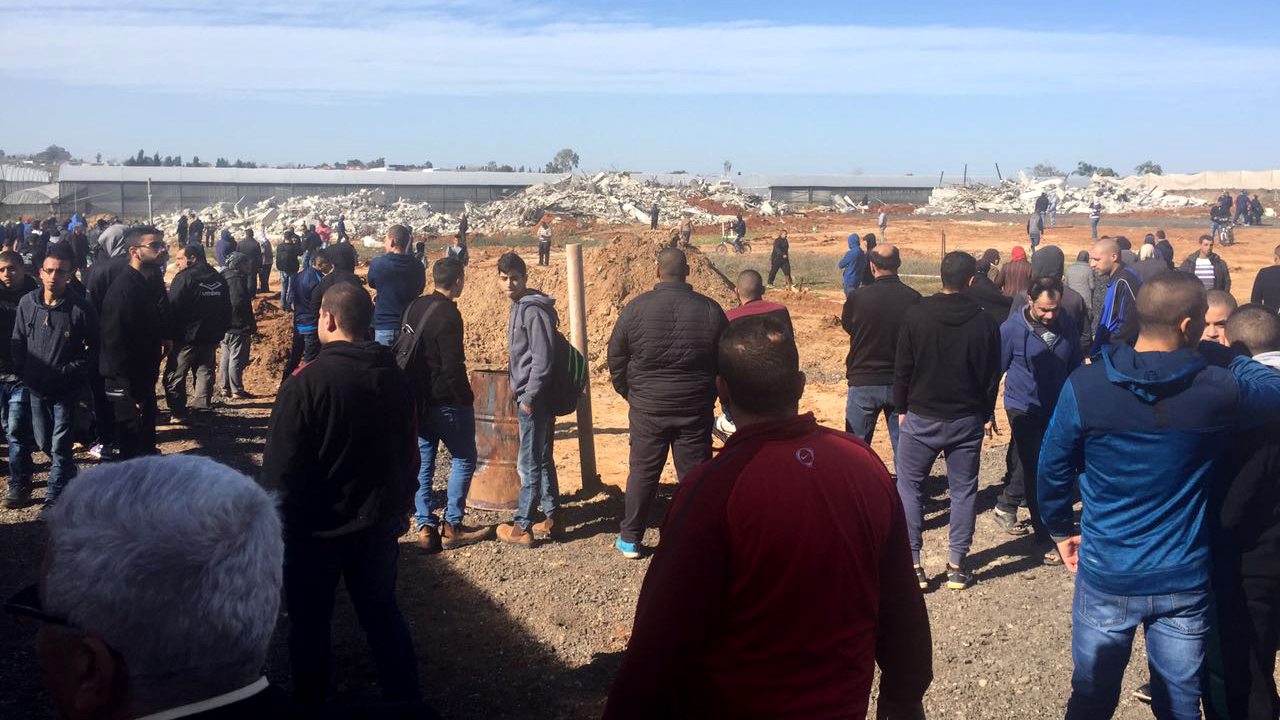
What Netanyahu eventually decided to do should be regarded as nothing less than a piece of political genius. To gain support for the plan, Netanyahu brokered a deal within the government by which ministers would agree to quietly fund the unprecedented investment plan while publicly promoting a number of anti-Arab policies that would be popular with members of the right wing public.. The investment plan was approved in 2015,but received very little press thanks to another decision approved by the government almost immediately following Proposal 922's approval, which involved a crackdown on illegal construction in Arab towns. The news of the historic investment was quickly buried in the news cycle from the public's eye, giving way to headlines regarding a fresh spat between the government and Arab leadership, which openly condemned the policy.
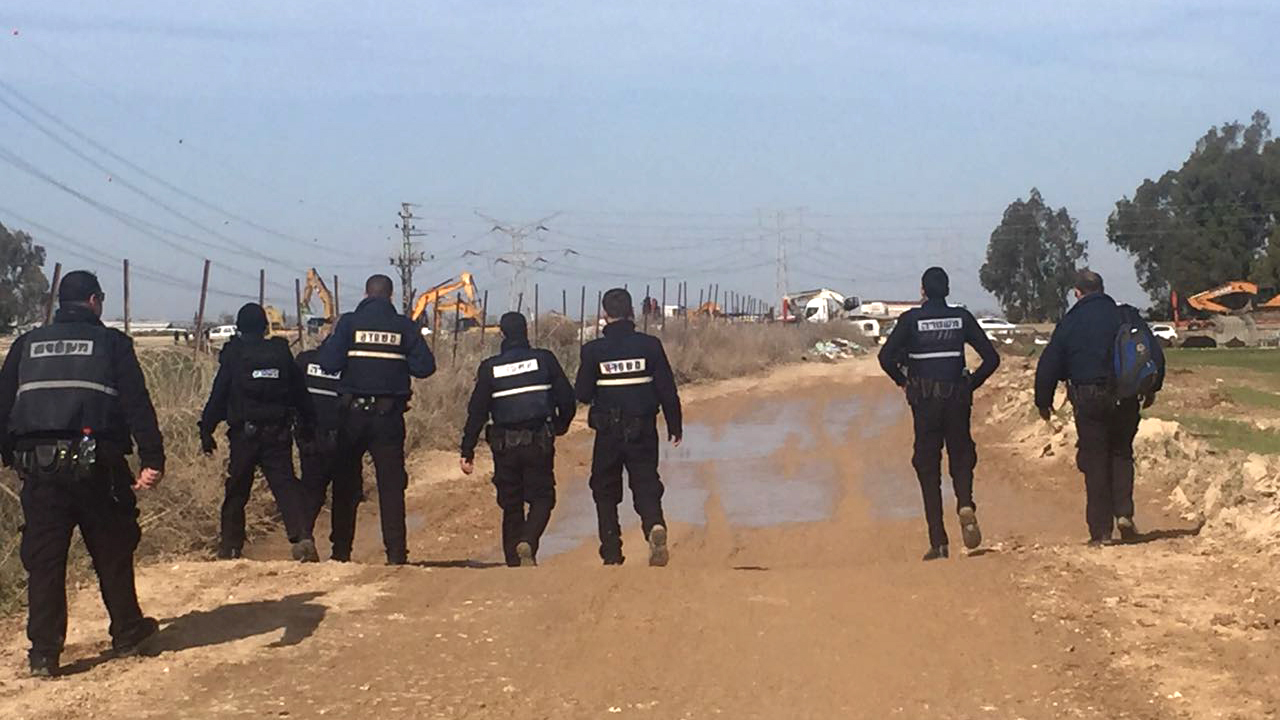
Political maneuvers aside, the results can be seen loud and clear
While four years on, much of the Jewish public remains oblivious to the investment and development plan, its effects can already be felt in Arab communities. "We have recently built a new public building which will house municipal offices and medical clinics," said Younes. "This will allow members of our community to have much easier access to essential government services." he added.
According to many within the Arab leadership, spending of the proposal's allocated budget has been consistent with government commitments, though in places it's happened slowly.. Through the proposal, billions of shekels have already been invested in schools and infrastructure in Arab communities across the country, leading to widely felt improvement in living conditions.
The plan has also led to a legislative change in the way government budgets are allocated to Arab communities. According to the resolution, twenty to forty percentof all investments made in education, infrastructure, public transport and other civil services must be allocated to Arab communities. In addition, since 2016, all government offices have been required to formulate contingency plans for investment in Arab towns, to be implemented as soon as funds are made available.
Eyal Kantz, executive director of the Injaz Center, which helps Arab municipalities receive government funding, told Davar that changes can already be felt across the country. "The historic importance of this decision, apart from its great effect on welfare in Arab communities, is that it sets a precedent of cooperation. It changes the way Arab communities are perceived in the Israeli government, and sows the seeds of deep change in relations going forward," he said.
But even so, the allocation of funds has not been entirely smooth across the board. Younes says that some of the funds promised have yet to materialize. Some of the delays have been blamed on the Arab municipalities, some of which have been accused of mismanagement of funds. Regardless, Younes and others like him are hopeful. "We will use the funds to the fullest. We're determined not to leave a single shekel behind," he said.
Going forward
The plan has been regarded as such a success that relevant officials have already started to talk about of a fresh five-year investment plan to start in 2020. This will probably be one of the first issues to be dealt with by the new government, which is expected to be formed around March 2020.
Many commentators have regarded Proposal 922 as a turning point in Jewish-Arab relations in Israel, but the long term effects of the plan remain to be seen. Even though the government has substantially improved living conditions in Arab communities, the past four years have seen several challenges to coexistence in Israel, some of which have strained Jewish-Arab relations to close to a breaking point. Some of these include the public outrage in Arab communities against the approval of the 'Nation-State Law', the wide scale protests against authority's inaction regarding organized crime in the Arab communities, and unlawful construction issues.
Proposal 922 may lay the foundations for closer cooperation between Arab leadership and the Israeli government, warming a traditionally distant relationship and signaling a shift in the government's willingness to take the economic needs of the Arab population seriously. It seems that many in Israel, both Jews and Arabs, regard the events as signs of a general shift in Israeli Arabs' attitude as well, from shunning the federal government as a protest of inequality to agreeing to cooperate in order to work together to achieve equality.






